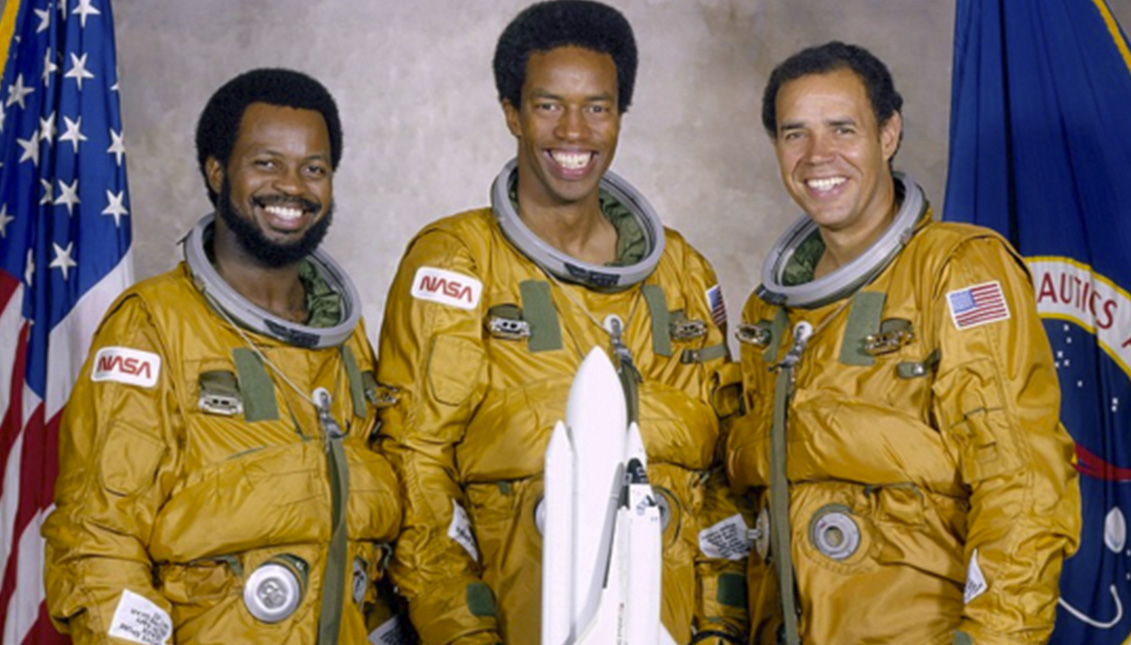
The first black astronauts who went from slavery into space
Is there a "last frontier" for civil rights? A documentary provides all the clues...
It happened in 1959. A nine-year-old boy from South Carolina enters a library and asks for a book on arithmetic, but the librarian threatens to call the police if he doesn't leave - we imagine that something very bad is said about him. The boy's name is Ronald Erwin McNair, his name may ring a bell: he was the second African-American to travel into space.
McNair died in the tragic Challenger accident of 1986. It took the space shuttle 73 seconds to take off and explode into space; it took the astronaut 36 years of his life to overcome segregation, poverty and social stereotypes and to set foot in space.
His story is told in a new documentary to be screened Monday on the Smithsonian Channel, "Black in Space: Breaking the Color Barrier." The film examines how the struggle for civil rights was waged not only on Earth but across the galaxy, as these cosmonauts overcame racism and hostility from some NASA members to be catapulted into outer space. A symbol of resistance for generations to come.
"They were the first, the elite of the elite," Laurens Grant, the documentary's director, told AP. He stressed that these racialized pioneers had to sacrifice twice as much to reach the stars, as they had to not only study highly advanced science and technology but also deal with the racial politics of the time.
Star travel had begun under JFK, at the height of his space career; his brother, Attorney General Robert Kennedy, pushed to ensure that there was always a racialized person on space missions.
However, Robert Kennedy would encounter quite a few pitfalls...
Air Force Captain Ed Dwight was selected for a training program and the press treated him as an African-American pioneer, but he was not chosen to travel into space. Instead, Robert Henry Lawrence Jr. became the first African-American astronaut. A chosen one. And he would have reached the Moon if not for the fact that he died when his jet plane crashed in 1967 at Edwards Base in California.
RELATED CONTENT
It was, however, Guy Bluford who first floated in the sidereal darkness in 1983.
The Cuban Arnaldo Tamayo Méndez was the first Latin American astronaut and first native Spanish speaker to orbit the Earth.
Frederick Gregory (79) was spoken to, jokingly, by Lieutenant Uhura of Star Trek on television; she was the subject of a recruitment advertisement for the American space race. "She pointed to me and said, 'I want you to apply for the NASA program,'" he tells AP. He accepted the challenge because the only black person who had so far gone into space, albeit fictitiously, was Nichelle Nichols, the actress who played Uhura in the 1960s series.
Gregory would become the first African-American shuttle pole. His outlook on life changed when he first saw the Earth from space; he realized, he confessed to AP, the absolute smallness of human affairs:
"Your concept of the neighbor changes significantly," Gregory said. "I started out saying, 'Hey, this is a world, and we're all part of it. When you go into space, you see no boundaries on the ground. You wonder, why do these people dislike each other? The idea of what your home is changes."
We are referring to the USSR, which beat the United States in the space race by sending the first person of African descent into space before NASA, the Cuban Arnaldo Tamayo Méndez, was then the first Latin American astronaut and first native Spanish speaker to orbit the Earth onboard Soyuz-U, which took off on a historic flight from the Baikonur Cosmodrome in 1980 to stay for a week on the space station.
Today, he is considered a hero in his native Cuba and an influential person in the government, but few outside the island remember his feat.






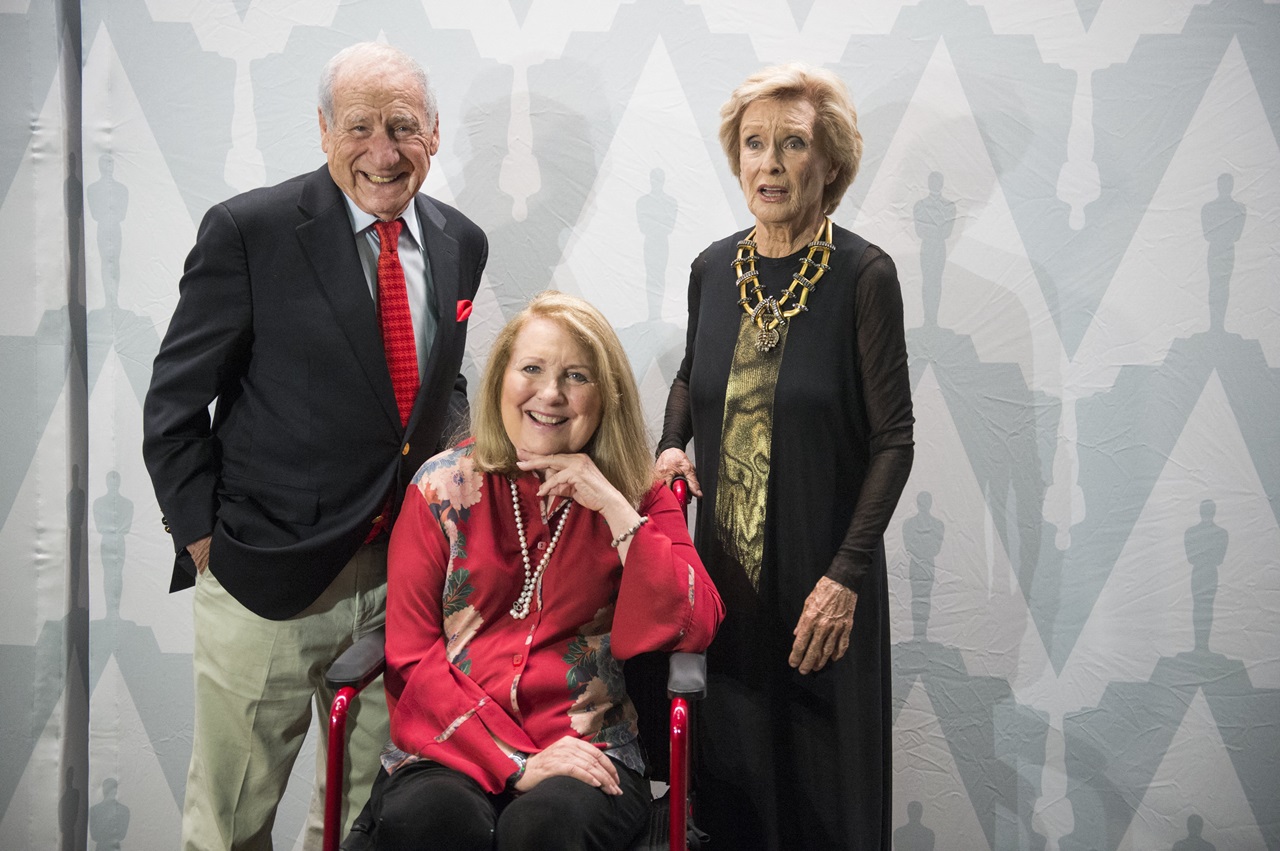
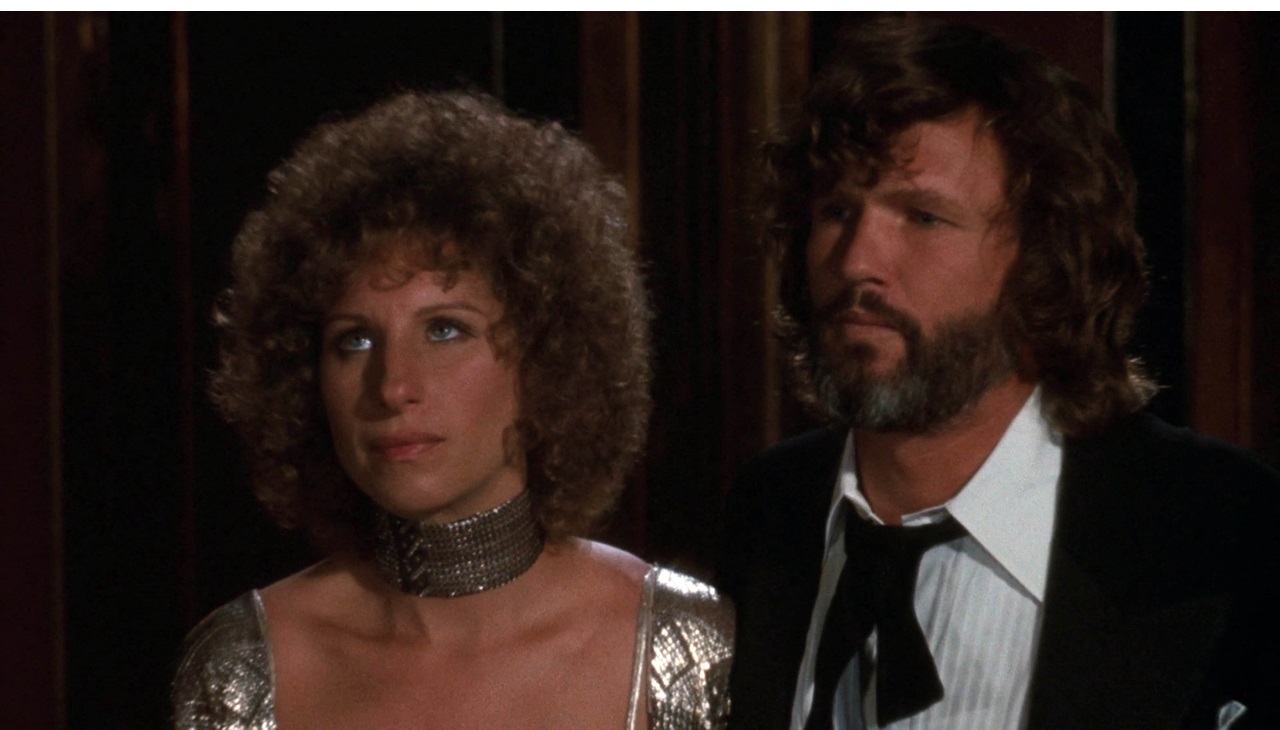
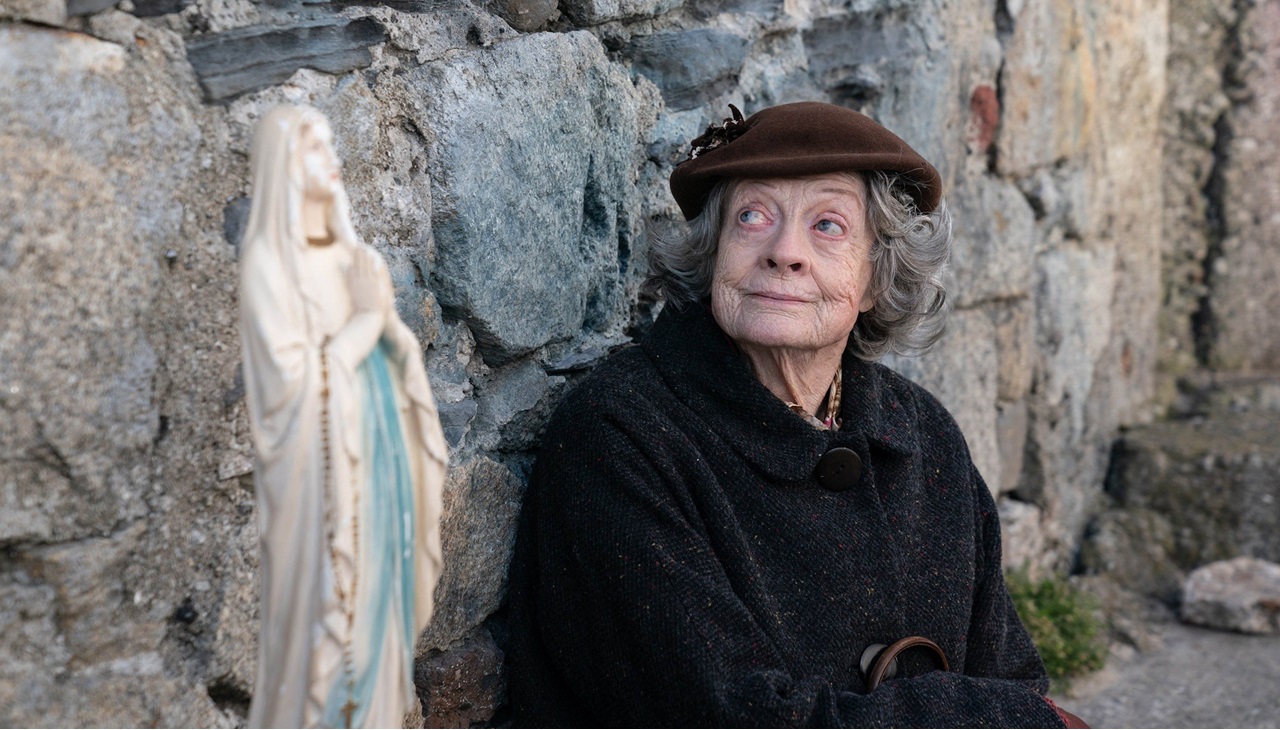
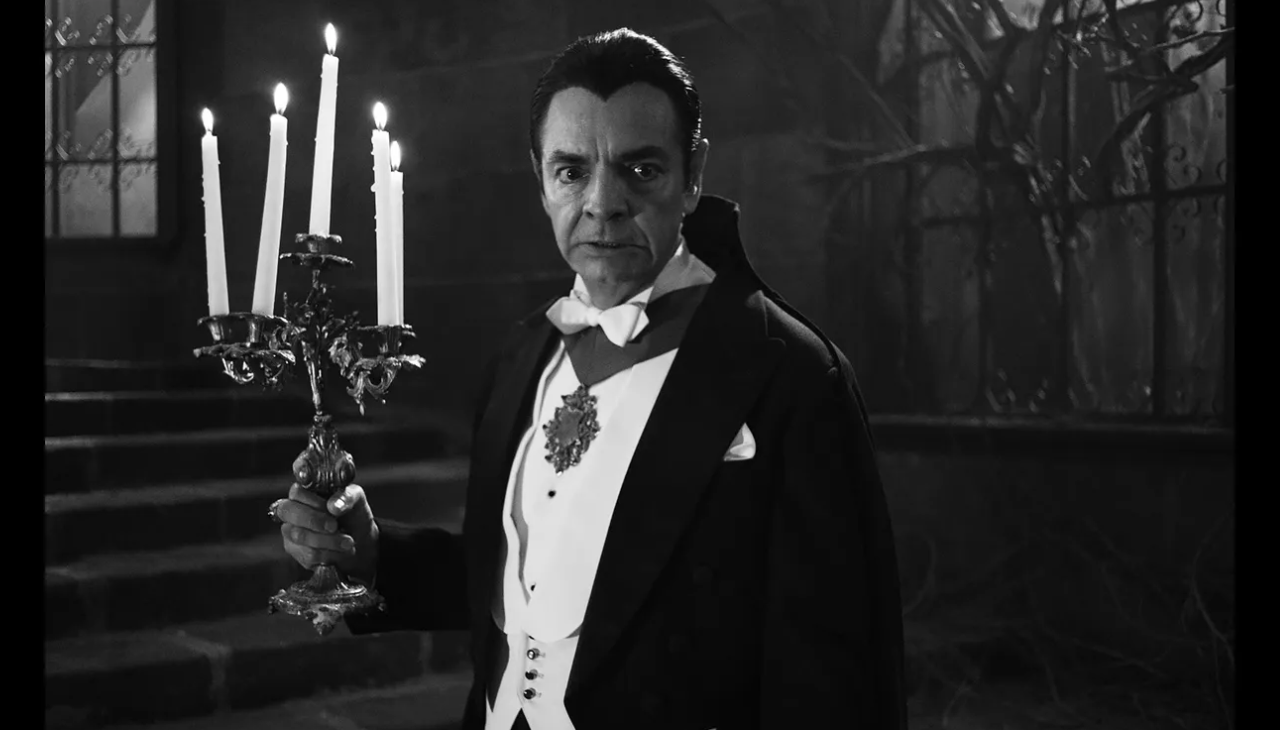

LEAVE A COMMENT:
Join the discussion! Leave a comment.